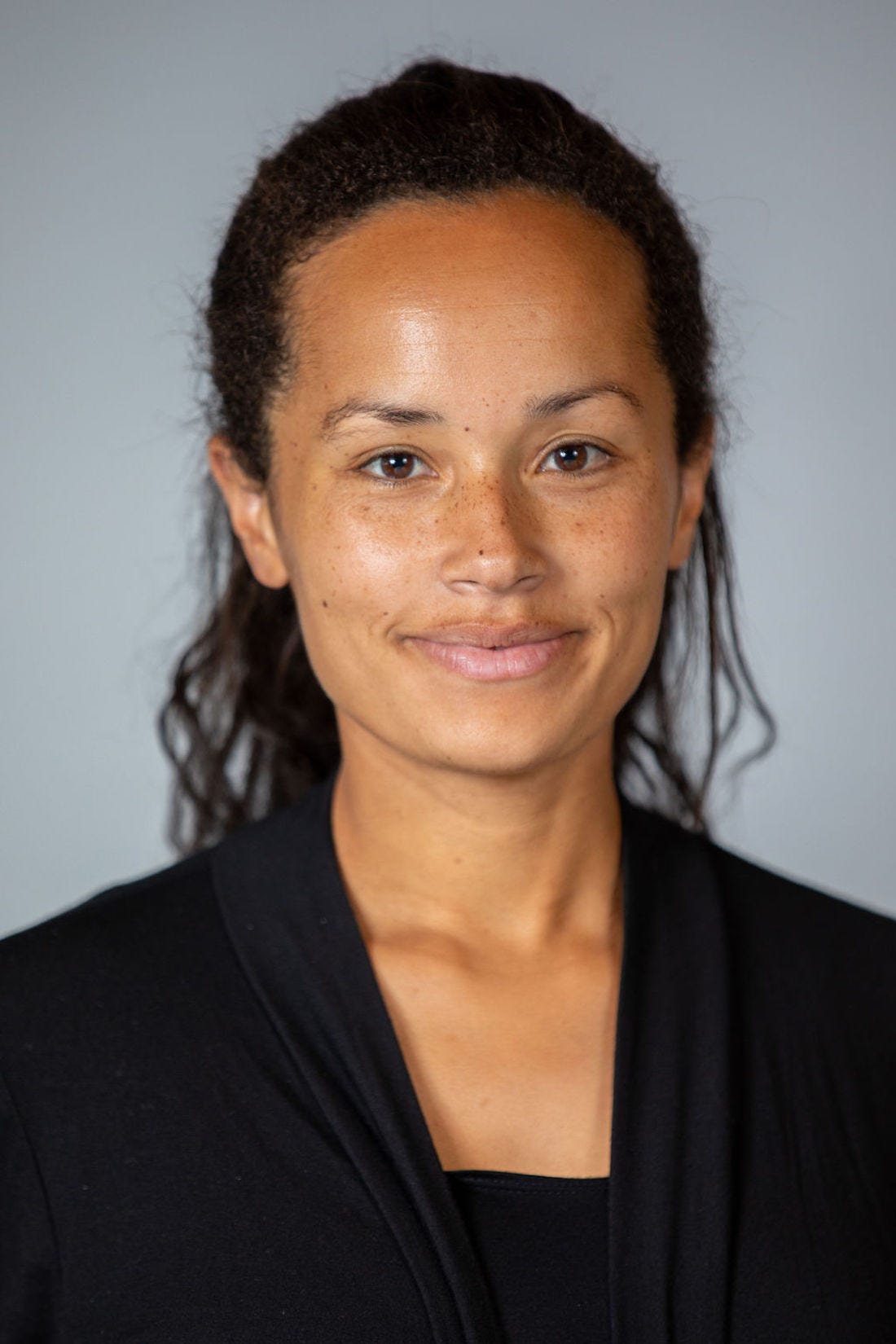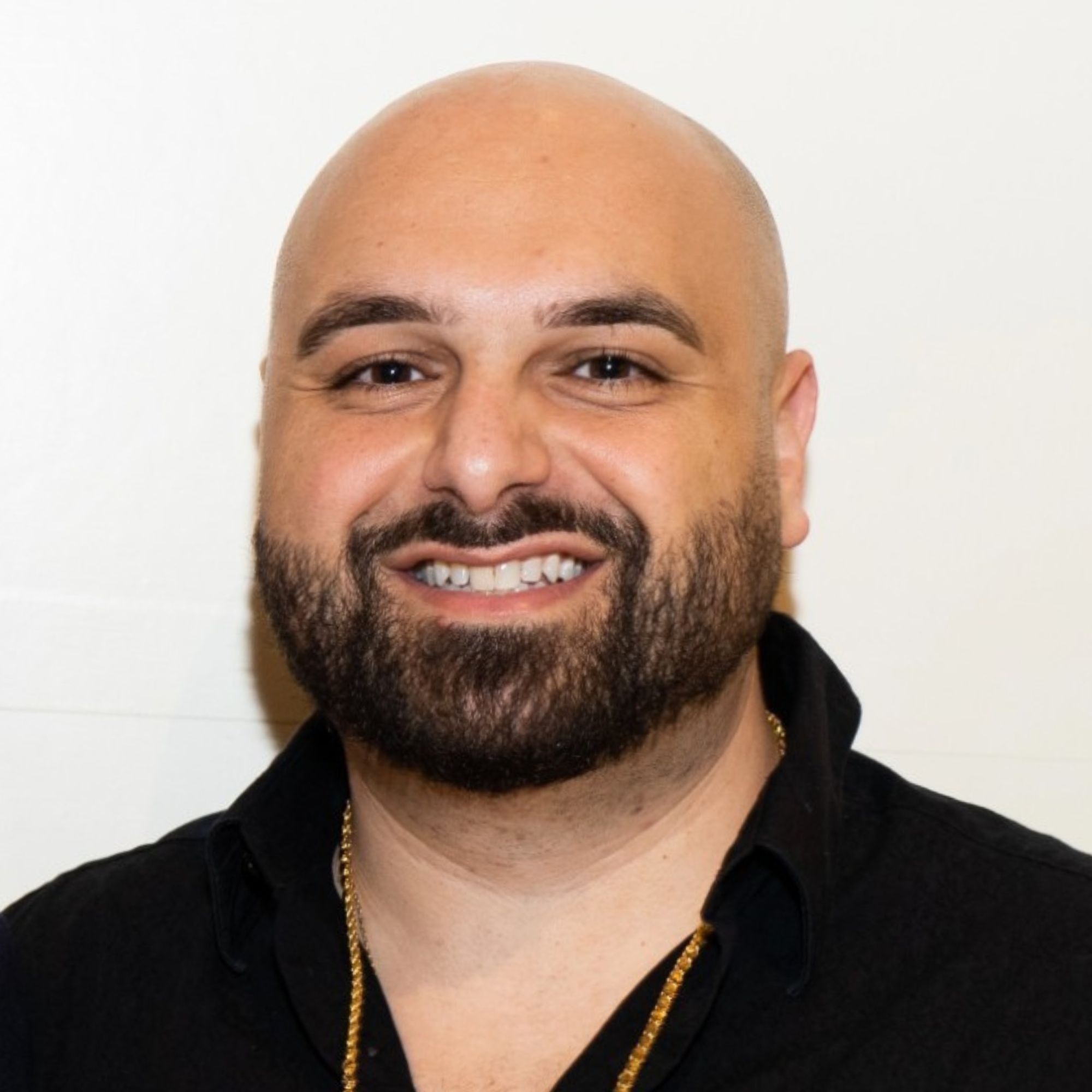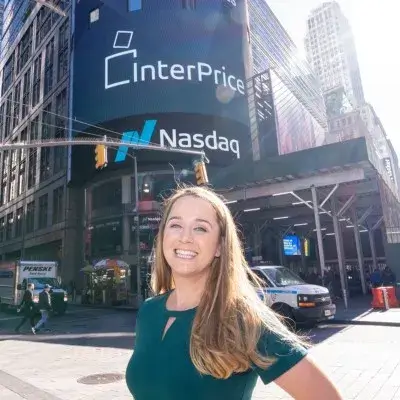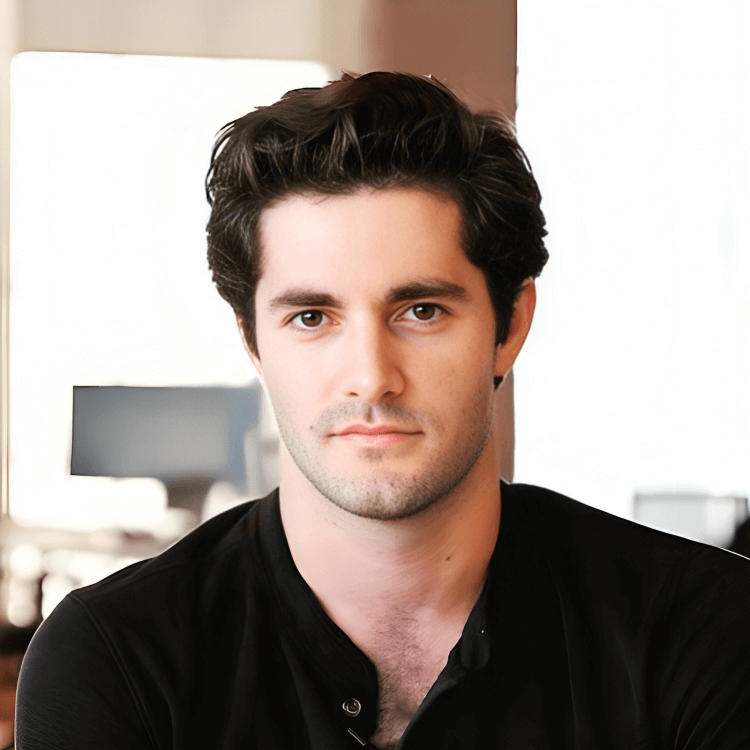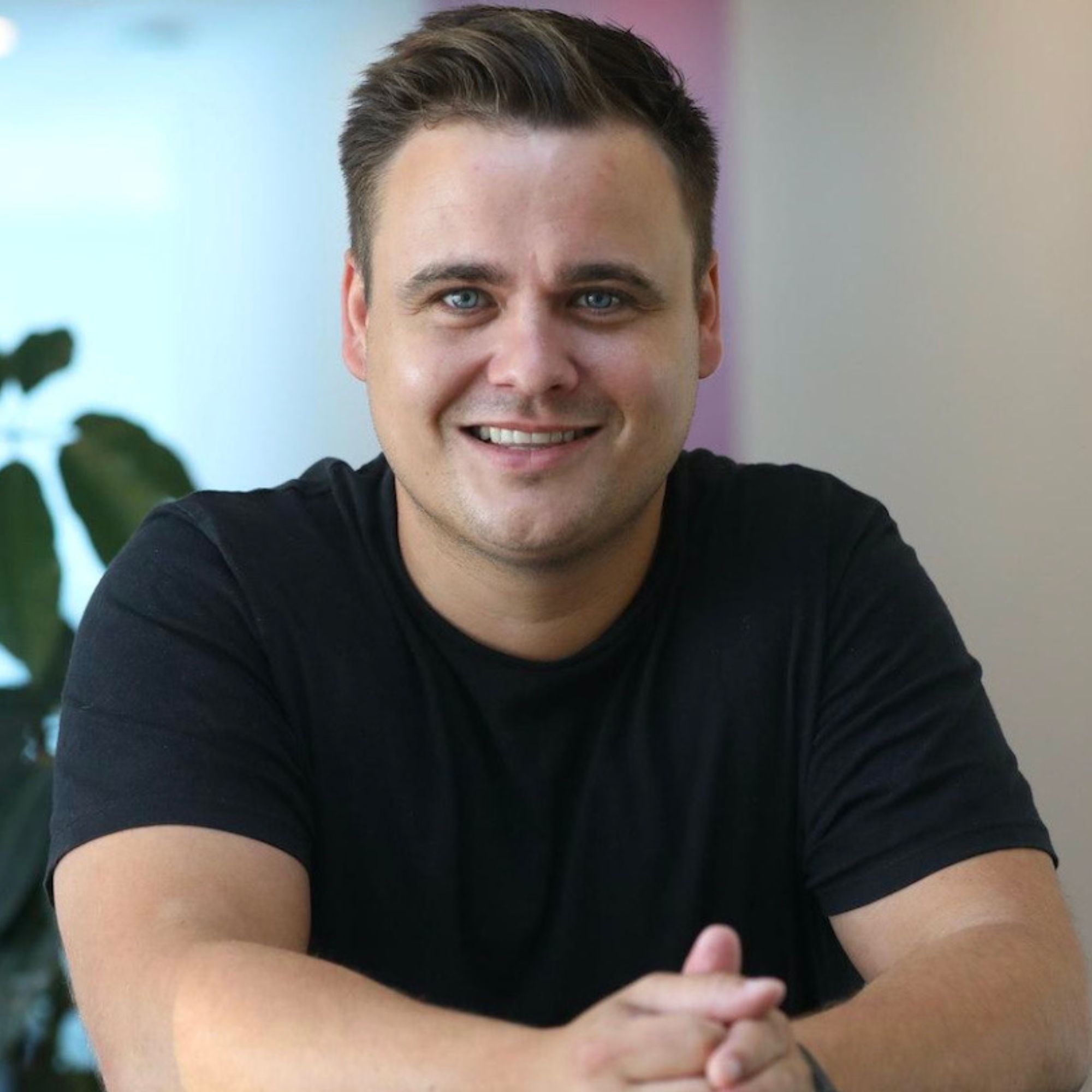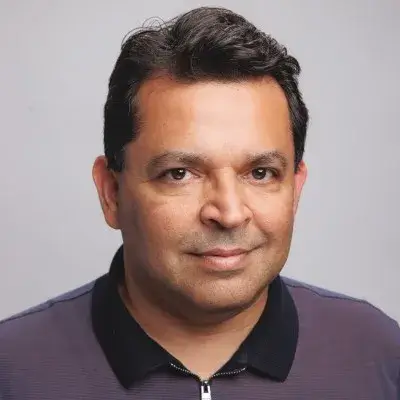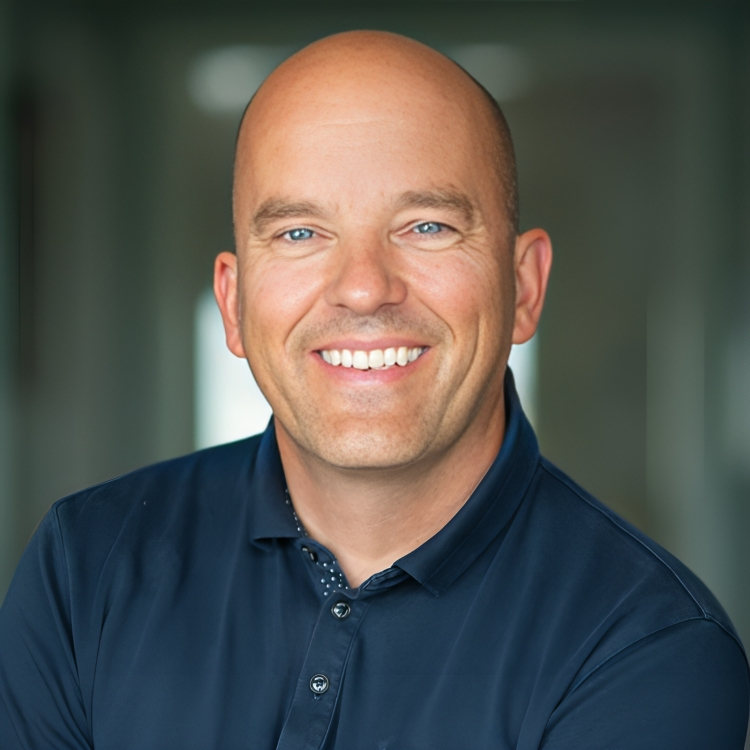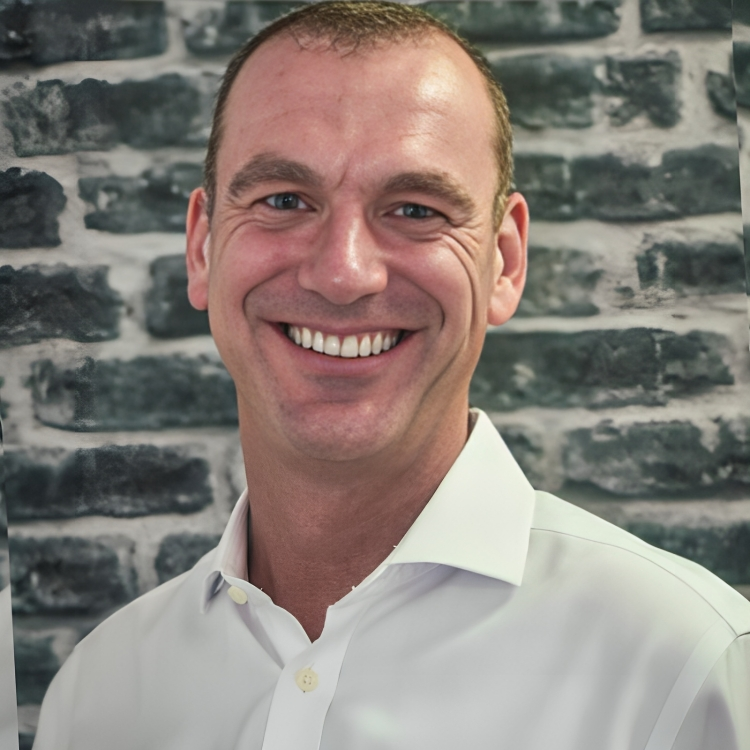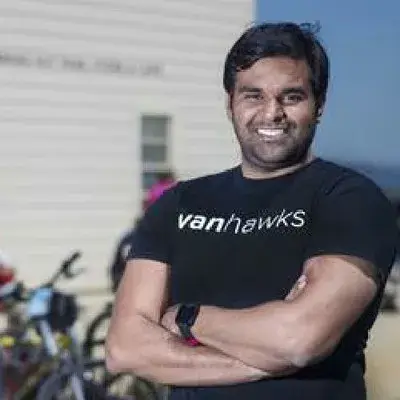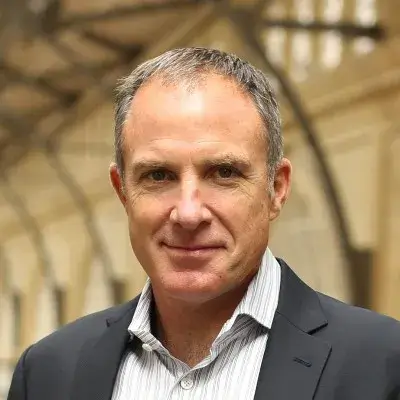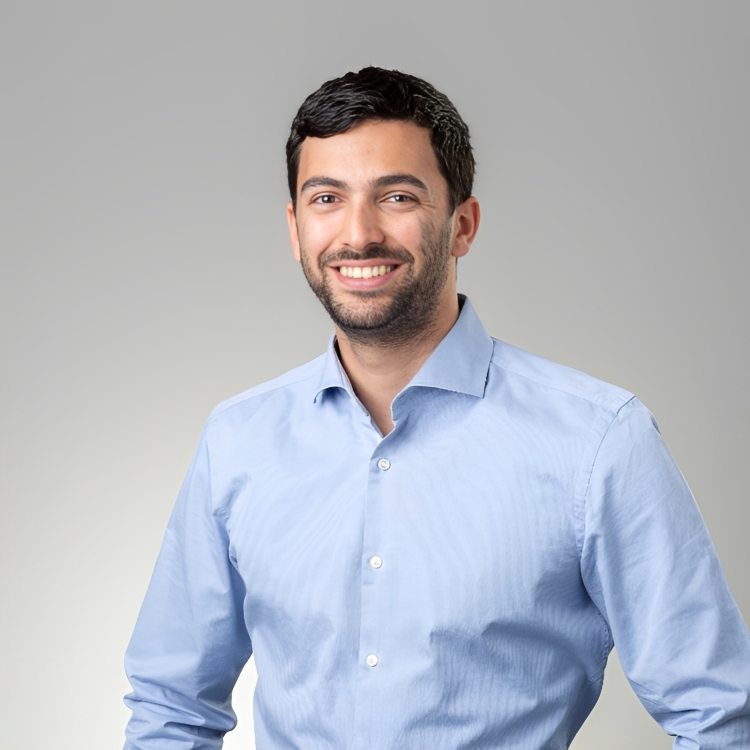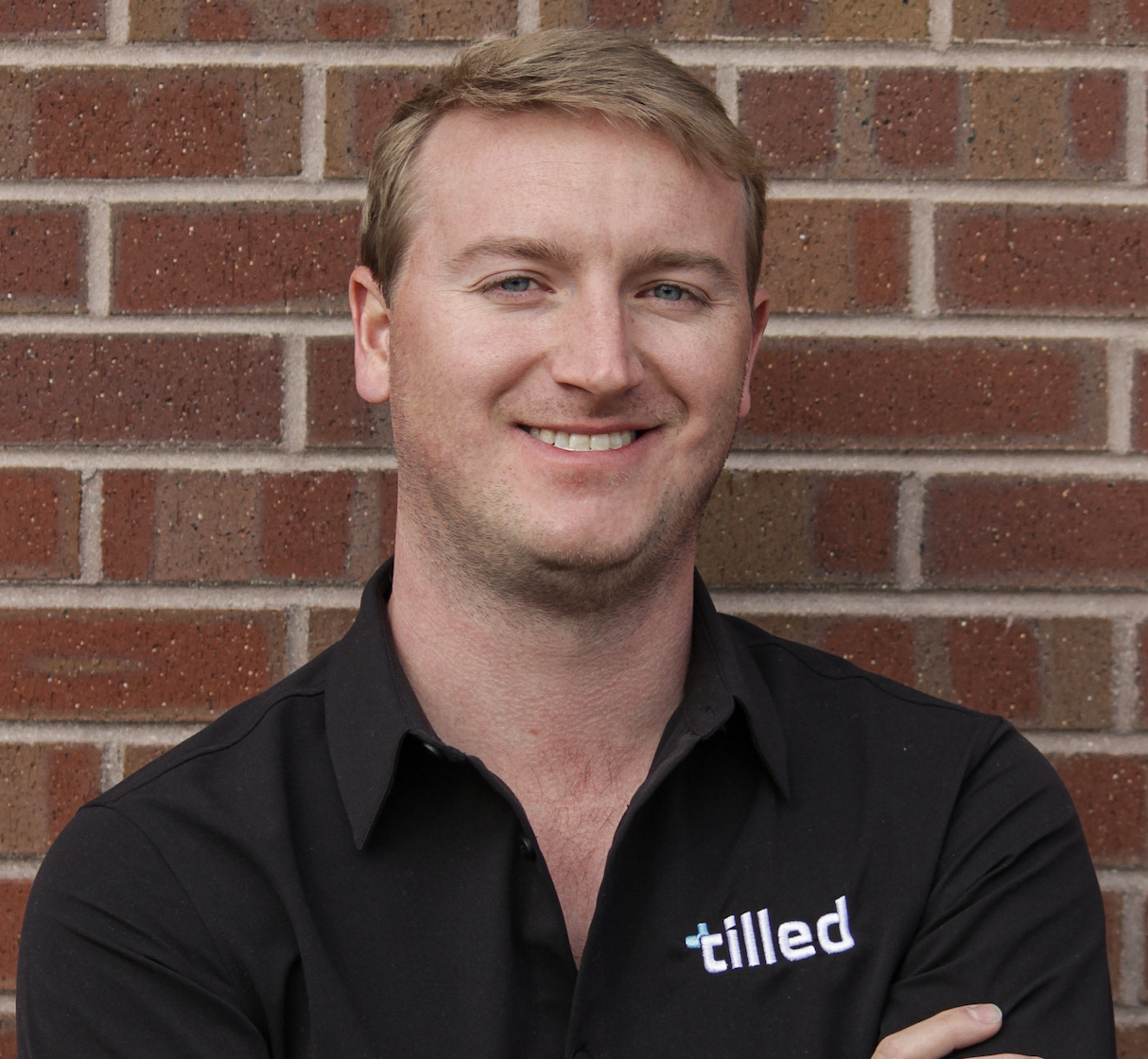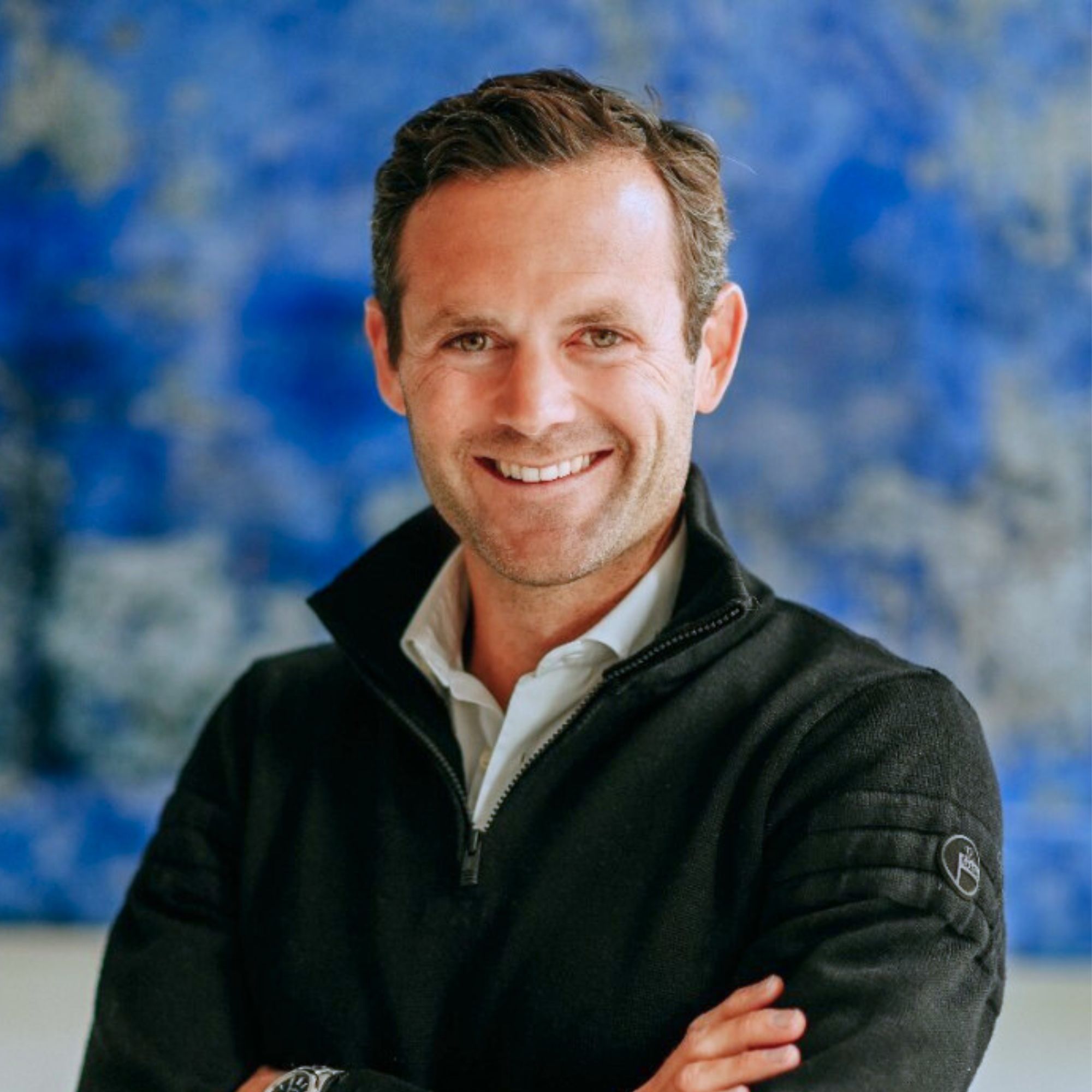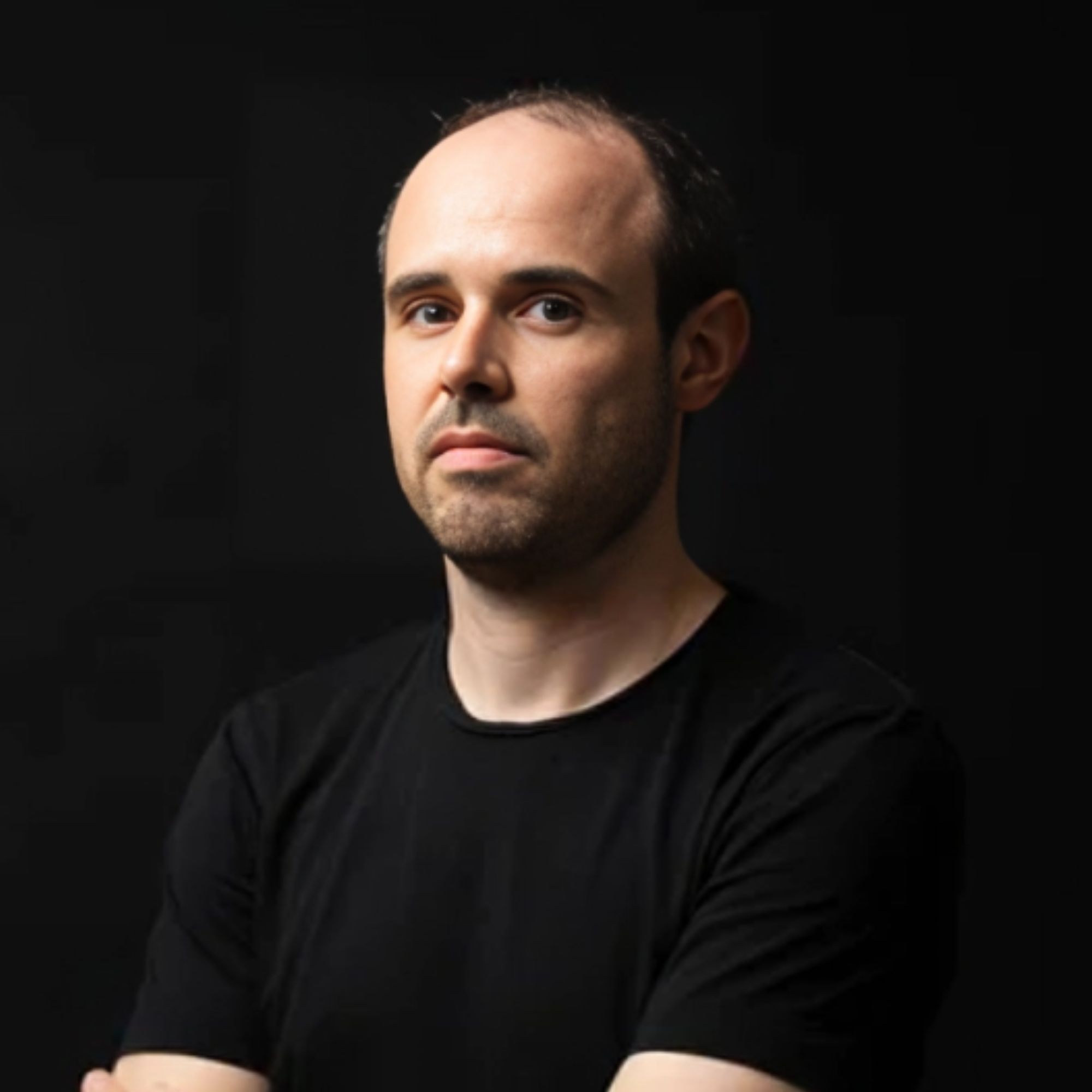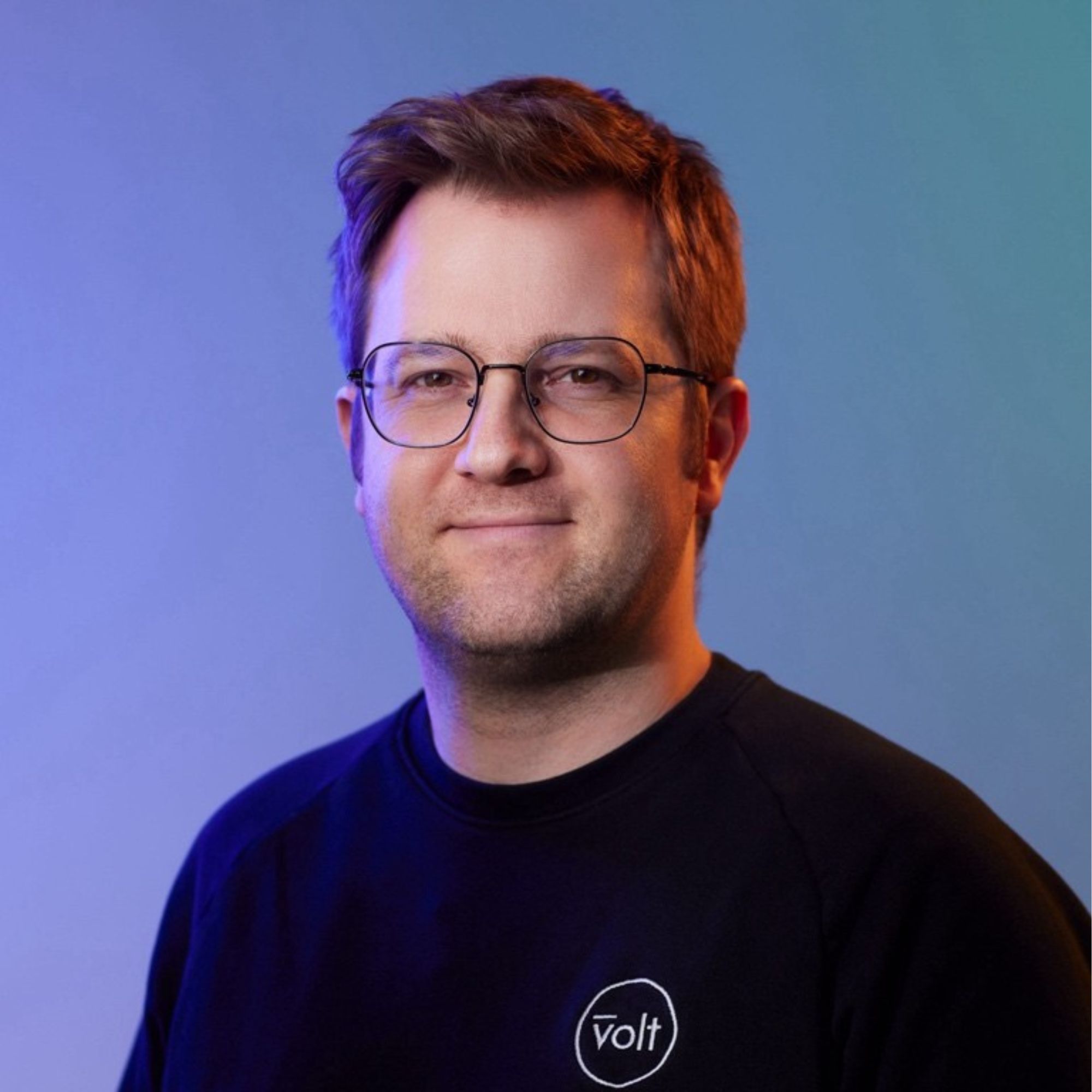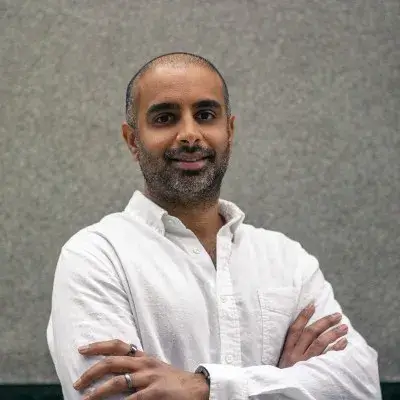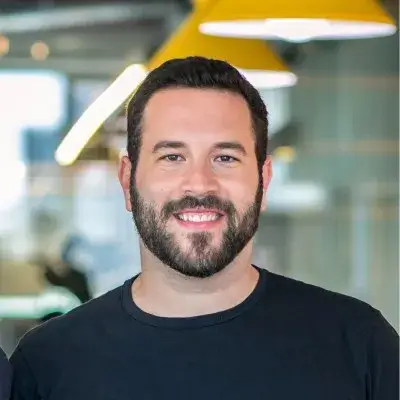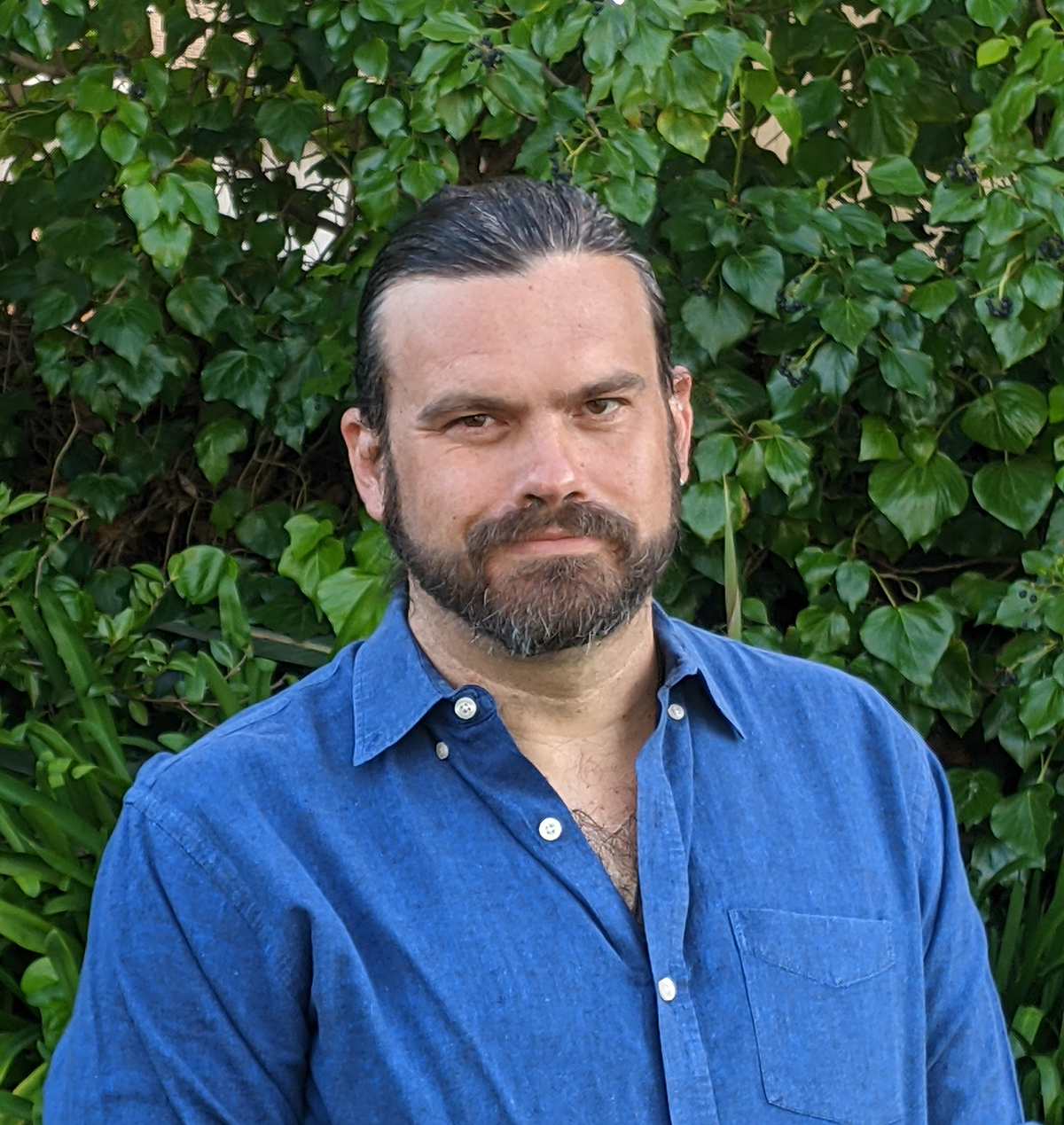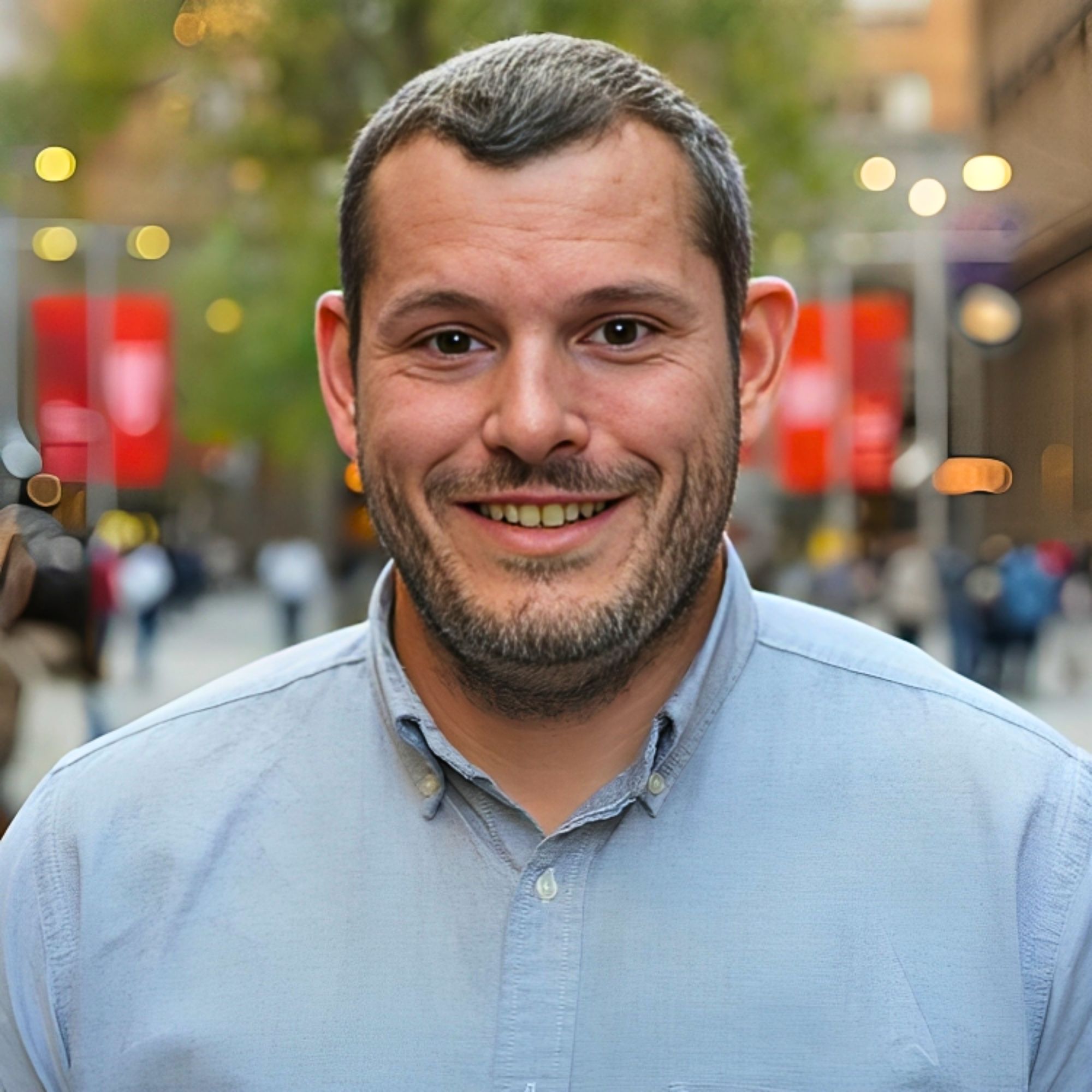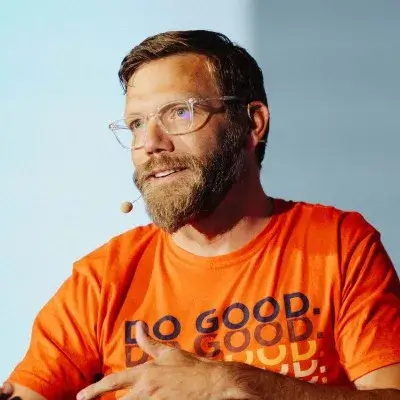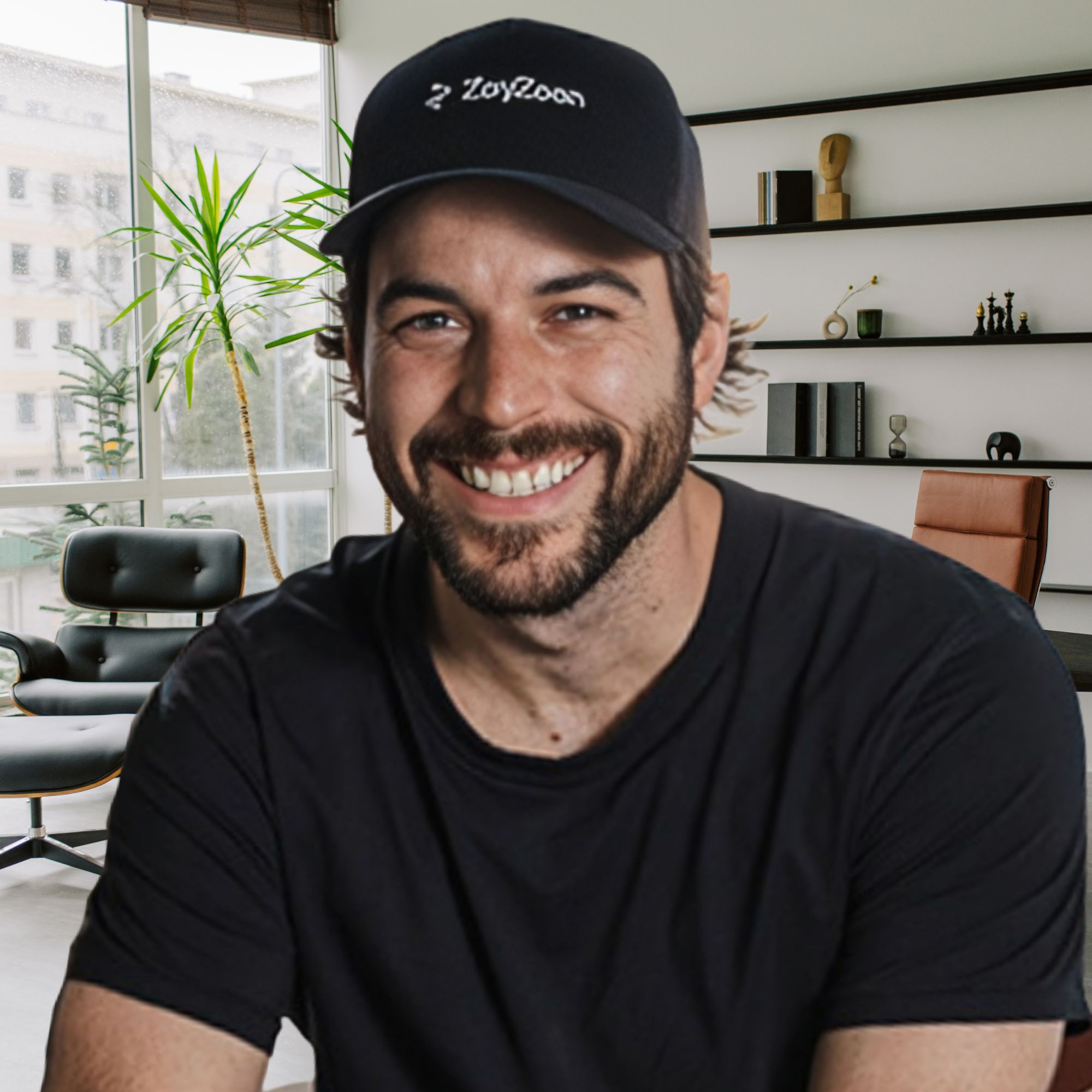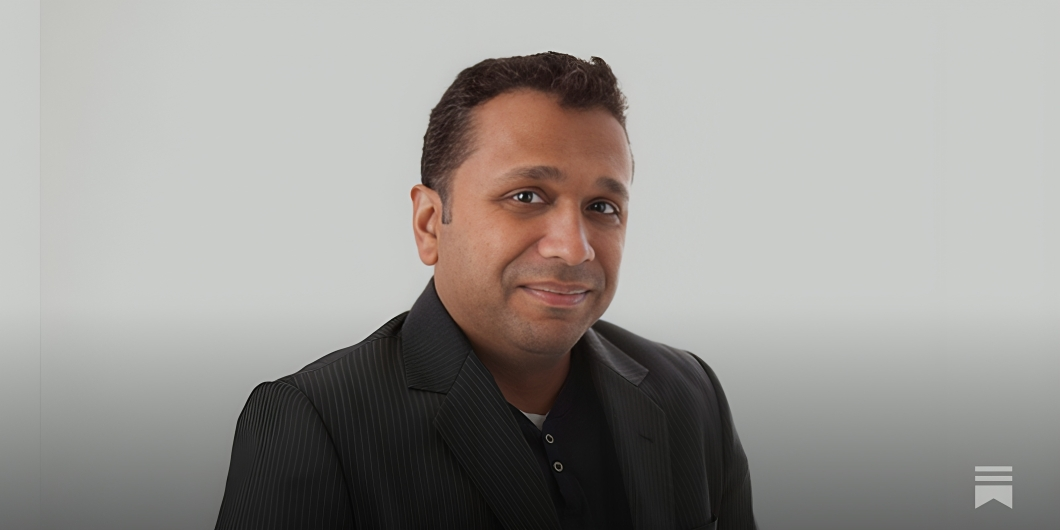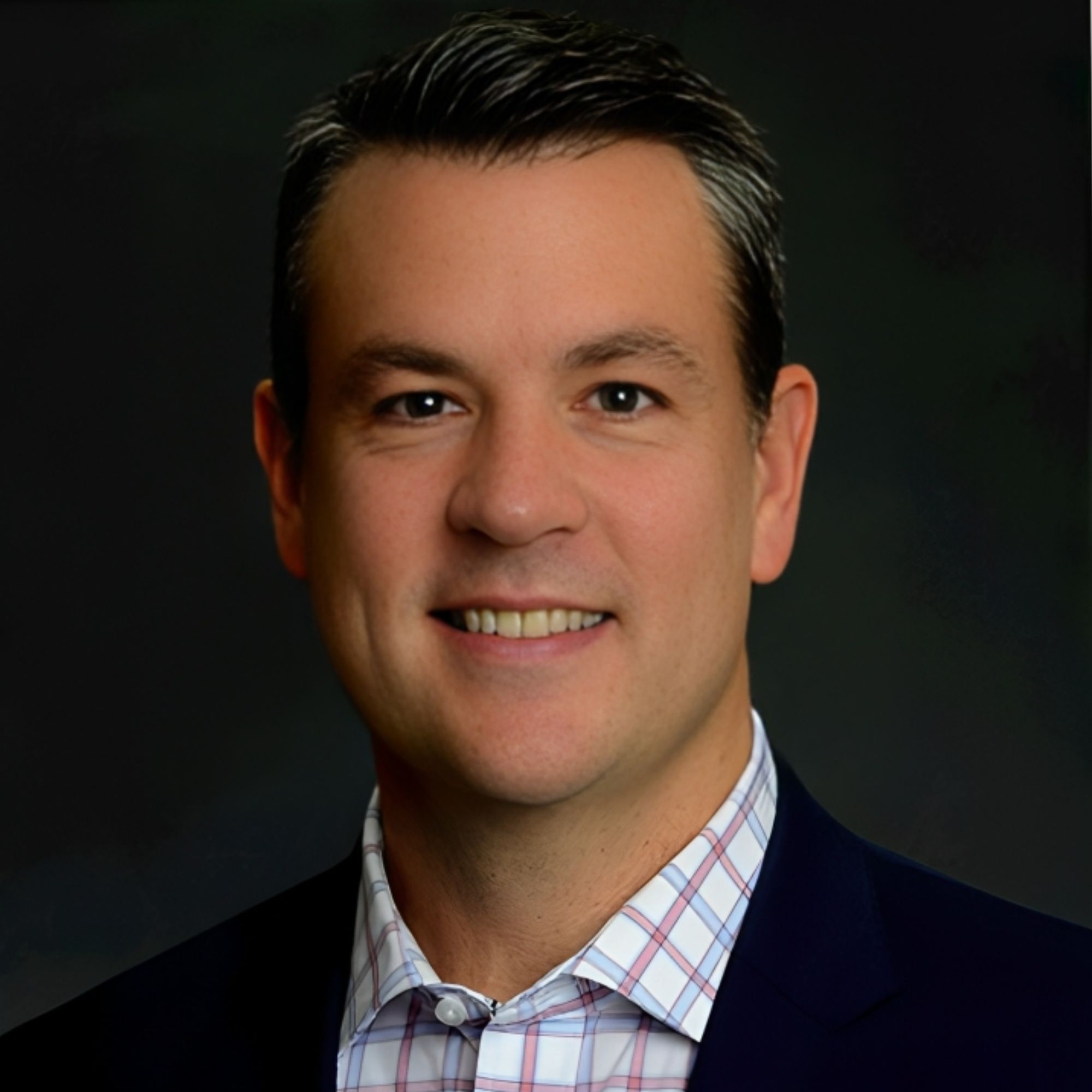Ready to build your own Founder-Led Growth engine? Book a Strategy Call
Frontlines.io | Where B2B Founders Talk GTM.
Strategic Communications Advisory For Visionary Founders
Actionable
Takeaways
Focus on co-development with early customers:
Chandini emphasized the importance of working closely with early customers to shape the product. Rather than rushing to sign many customers initially, they focused intensely on one customer: "Customer one. Will you help us co-develop this product? We will give it to you for very cheap. But in exchange, we want lots of product feedback, we want access to all the users, we want access to your data." This approach helped them build a product truly aligned with market needs.
Pivot when you find problem-market fit but not product-market fit:
Auquan initially signed deals with major asset managers but hit a wall after customer #3. Chandini recognized they had "problem market fit" but not product-market fit: "There was a problem that the market was facing that needed to be solved. Just the way we were solving it was not going to work." This realization led to a substantial pivot that eventually unlocked growth.
Create new roles to bridge the technology-adoption gap:
Auquan created "outcome engineers" to ensure successful implementation of their AI solution. These specialists "take an underlying product and then they sit with the customer and they make sure that product is able to deliver outcomes exactly in the manner that the customer wants." This approach accelerates time-to-value and helps educate users about AI capabilities, addressing a major barrier to adoption.
Differentiate between horizontal and vertical AI applications:
Chandini articulated a clear framework distinguishing "shallow work" (horizontal) from "deep work" (vertical) AI tools. B2B founders should recognize that "if you try to use a shallow work tool to achieve a deep work outcome... your time to value is going to be so large because you will require so much setup and training and customization." Understanding where your AI solution fits in this framework helps position it correctly in the market.
Raise funding from investors who share your vision of the problem:
When fundraising, Chandini found success by identifying investors who already understood the problem space: "It is so much easier to raise money if you find the people who see the world as you see it." This alignment allows conversations to focus on your specific approach and execution plan rather than convincing investors the problem exists in the first place.
Conversation
Highlights
From Data Overload to AI-Powered Intelligence: Auquan’s Mission to Transform Financial Services
In a recent episode of Category Visionaries, Chandini Jain, CEO and Co-founder of Auquan, shared the company’s journey from addressing data overwhelm at trading desks to building an AI platform that’s reinventing how financial professionals extract intelligence from unstructured data. With $8 million in funding, Auquan stands at the forefront of what Chandini describes as the most significant transformation in financial services since Bloomberg.
The Problem: Drowning in Financial Data
Auquan’s origin story begins with a classic problem in modern finance: too much data, too little time to analyze it.
“I used to work at a trading firm in Chicago. I ran their arbitrage trading strategies and over time we realized that the more data we consume, the better decisions we made,” Chandini explains. “We basically just went and subscribed to all possible data sources that we could find.”
This created an unexpected challenge. While budget wasn’t a constraint, human bandwidth certainly was.
“We very quickly got into a situation where we had way, way more information coming into the desk than any of us had bandwidth to look at,” says Chandini.
The traditional solution was simply to hire more analysts to read through reports and create summaries for decision-makers. But this approach proved deeply flawed – expensive, slow, error-prone, and fundamentally unsatisfying work for the analysts themselves.
“No one wants their job to be that I read information for someone else,” Chandini notes.
This realization planted the seed for what would become Auquan – could technology automate this process of extracting valuable insights from noisy, unstructured data?
Beyond Public Equities: A Larger Market Opportunity
As Chandini began exploring this problem more deeply, she discovered it wasn’t limited to trading desks. Throughout financial services, professionals spent significant time sorting through mountains of data to extract valuable information.
“We realized that is not just a front office public equities research challenge,” Chandini explains. “There are many different functions across financial services where a lot of people’s day-to-day lives look basically like what I described.”
The reality of working in finance rarely matched the glamorous expectations of new hires. As Chandini puts it: “You join finance, you join a private equity fund, you join an investment bank because you think about, ‘I’m going to work on the hottest deal.’ But the reality is that is only like 5% of the work, the glamorous work. The remaining 95% is this really deep, very critical, very complex, but just very cumbersome grinding work.”
This insight revealed a massive market opportunity: automating the labor-intensive but essential work that consumed financial professionals’ time.
The Early Go-to-Market Journey: Finding Problem-Market Fit
Auquan’s first six months were spent validating the market need through extensive customer conversations. “The first six months, we’re basically just going and talking to loads of people within hedge funds, within investment banks, within asset managers,” Chandini recalls.
Their approach was fundamentally commercial – ensure demand existed before building anything. This methodical approach yielded their first customer, who paid $8,000. Initial traction looked promising as they quickly signed two more clients, with deal sizes growing to $30,000 and then $80,000.
But then they hit a wall.
“After customer three, nothing happened for a year,” Chandini reveals. This unexpected plateau forced a crucial realization: “We had problem market fit. There was a problem that the market was facing that needed to be solved. Just the way we were solving it was not going to work. And our business model was too complex.”
This is where many startups might have folded, but Auquan chose to pivot. They went back to the drawing board with a philosophy Chandini describes as: “Talk to customers, make customers happy. Your product will shape itself. Just make sure you’ve picked a problem that is worth solving.”
The Pivot: Co-Development and SaaS
Auquan’s pivot transformed their approach entirely. Rather than racing to sign multiple clients, they focused intensely on a single customer. “Customer one. Will you help us co-develop this product? We will give it to you for very cheap. But in exchange, we want lots of product feedback. We want access to all the users. We want access to your data,” Chandini explains.
This co-development approach lasted a year, but with a critical strategic filter: “With the understanding that do we see at least a hundred more customers in the market like that?”
The pivot paid off. By mid-2023, they had secured seed funding and expanded from three customers to nearly thirty within six months.
Deep Work vs. Shallow Work: A Framework for AI Applications
A key insight driving Auquan’s success is their framework distinguishing between “shallow work” and “deep work” AI applications.
“Shallow work is horizontal. Everyone kind of does it, but it is shallow by nature,” Chandini explains. These are the general-purpose AI platforms that can answer basic questions or perform simple tasks across an organization.
In contrast, “Deep work by definition is supposed to be very domain specific. It’s supposed to be very complex. It requires very vertical integrations and it’s done by very specialized people in your organization.”
This distinction has powerful implications for AI deployment in enterprises. As Chandini points out, “If you try to use a shallow work tool to achieve a deep work outcome, one you will be frustrated, two your time to value is going to be so large because you will require so much setup and so much training and so much customization.”
Bridging the AI Implementation Gap
To address the challenge of implementing complex AI solutions, Auquan created a novel role: outcome engineers.
“We’ve created this new role. We call it outcome engineers. The outcome engineers take an underlying product and then they sit with the customer and they make sure that product is able to deliver outcomes exactly in the manner that the customer wants,” Chandini explains.
This approach dramatically accelerates time-to-value while educating customers about AI capabilities. Instead of giving customers a toolkit and leaving them to figure it out, outcome engineers set up specific workflows tailored to customer needs.
The Vision: Transforming Financial Services
Auquan’s ambition extends beyond incremental improvement – they aim to fundamentally transform how financial services operates.
“There has been no innovation that’s happened for finance since Bloomberg,” Chandini asserts. “This current way of working where you use people and you have a lot of like tasks based work… that is just soul sapping that no one wants to do but you have to do it because it is critical… all of that work is going to go away.”
In Auquan’s vision, financial professionals will start their work with AI-generated insights rather than raw data, focusing exclusively on strategic decision-making rather than information processing.
As Chandini confidently states, “There are going to be big companies that are going to fundamentally change the way work is done in finance. And Okuan is going to be one of those companies.”
For B2B founders navigating the complex landscape of enterprise AI, Auquan’s journey offers valuable lessons in finding product-market fit, effectively positioning AI solutions, and bridging the gap between technological capability and real-world implementation. Their ability to identify a critical pain point, pivot when necessary, and develop a sophisticated framework for communicating their value proposition demonstrates the potential for AI to transform even the most established industries.

